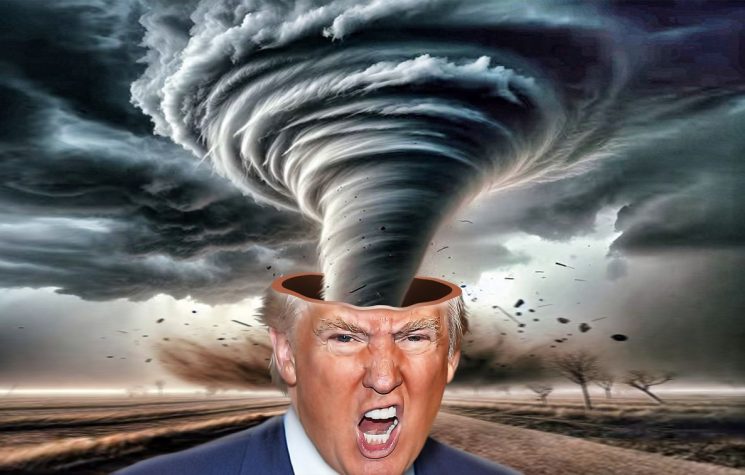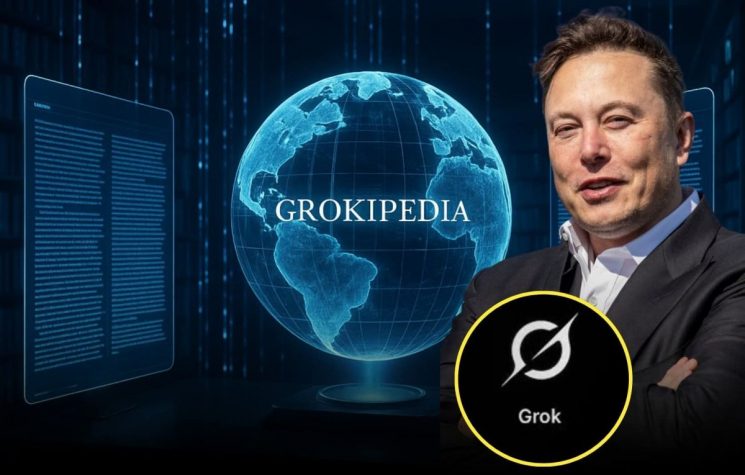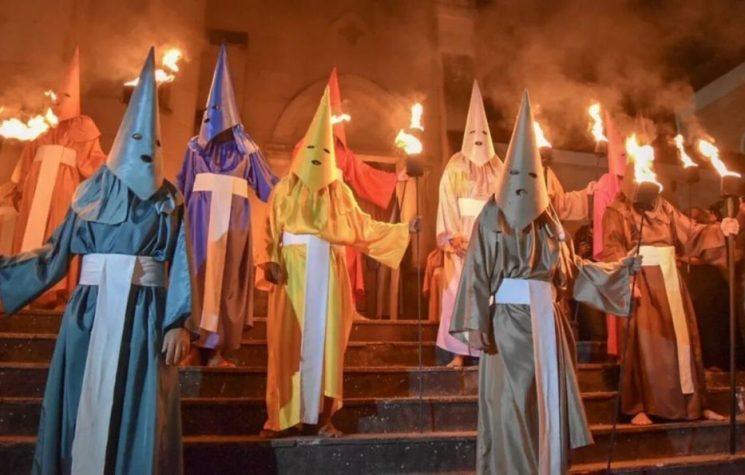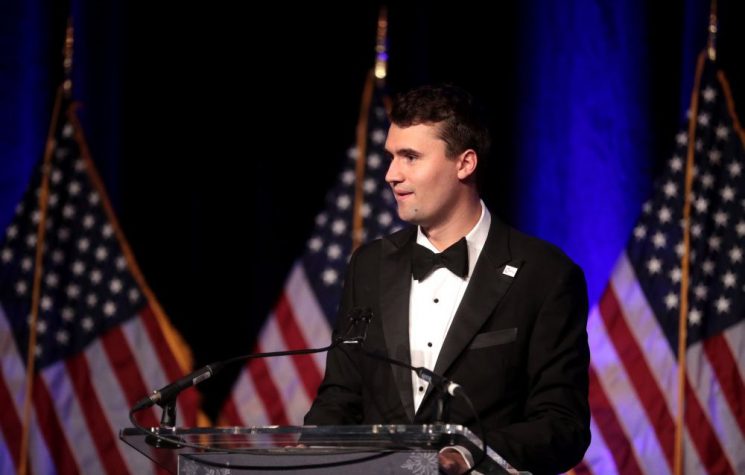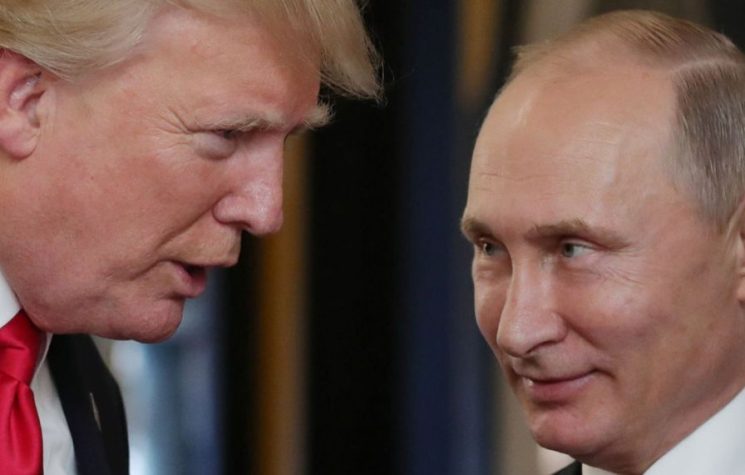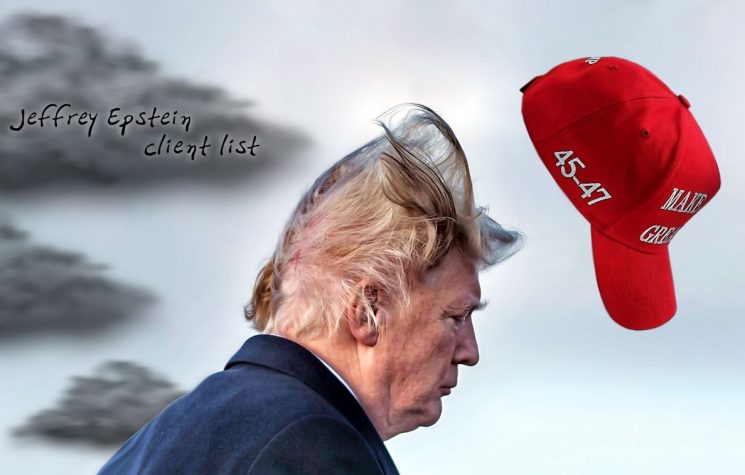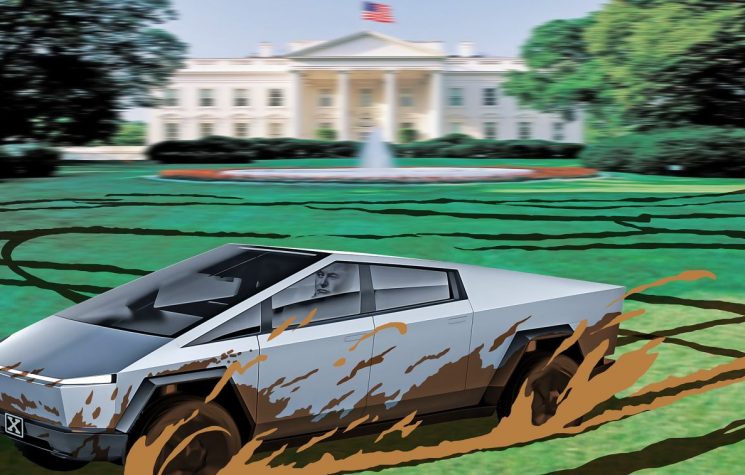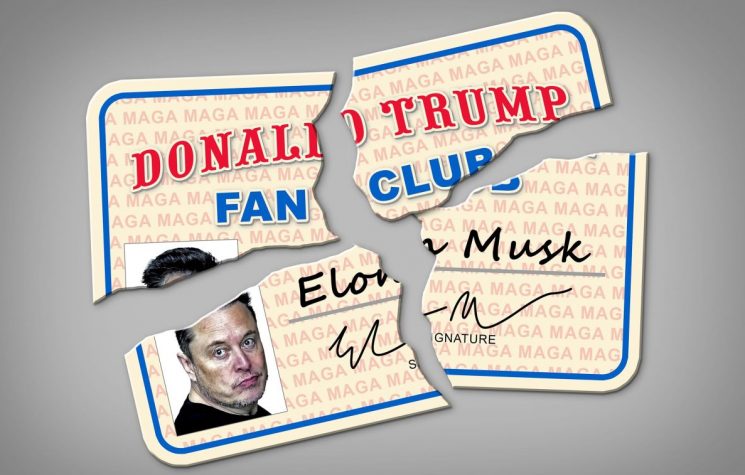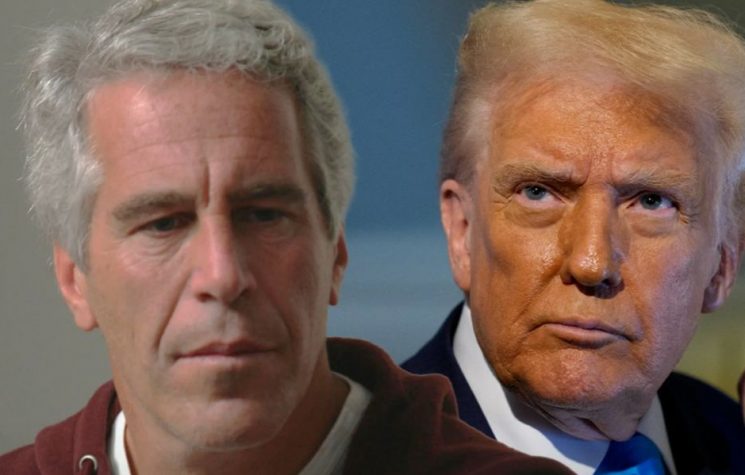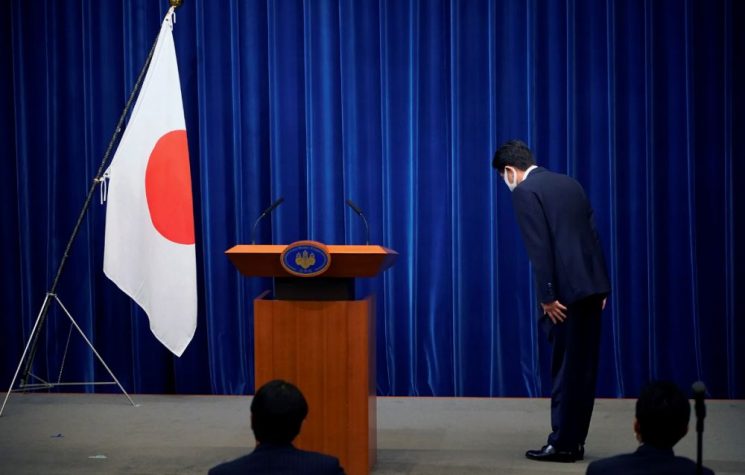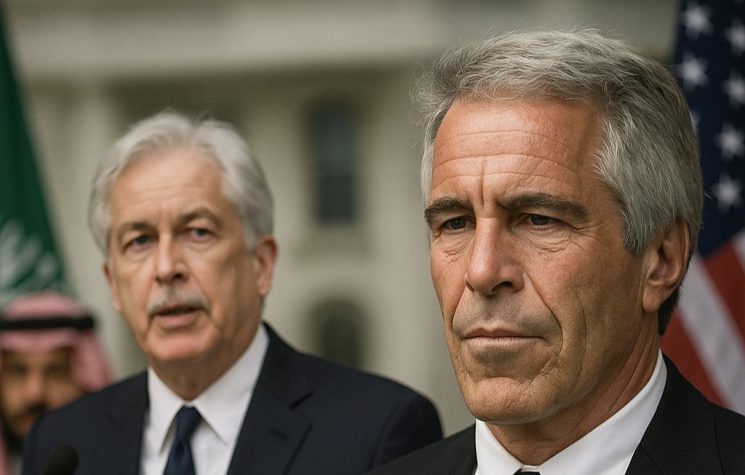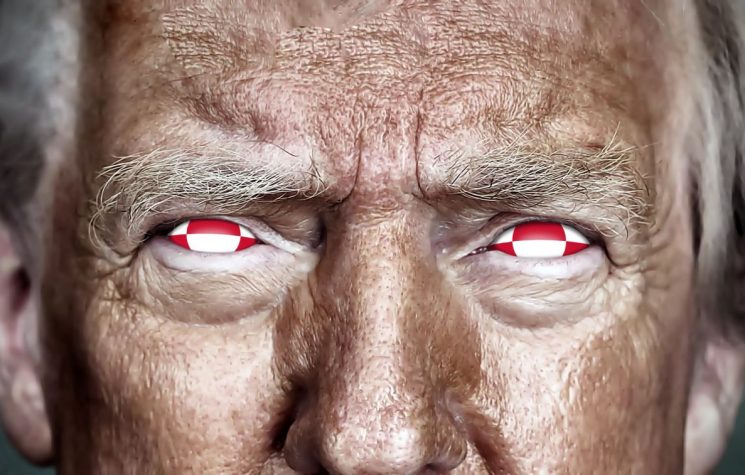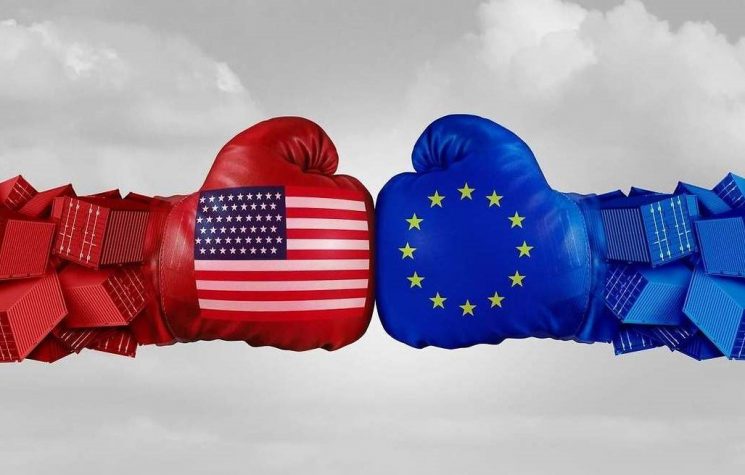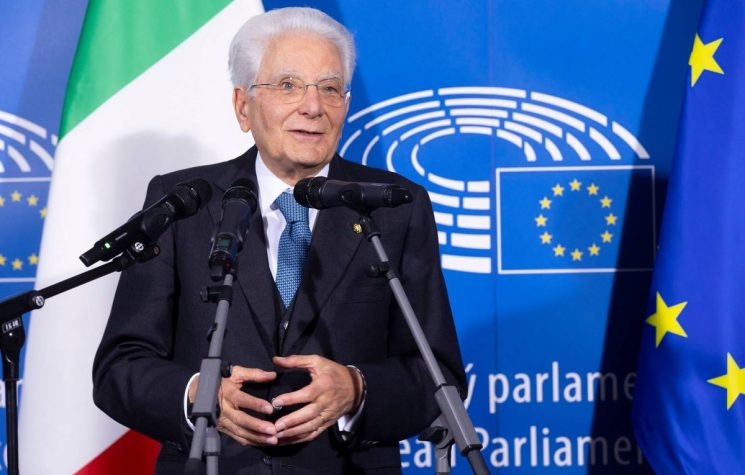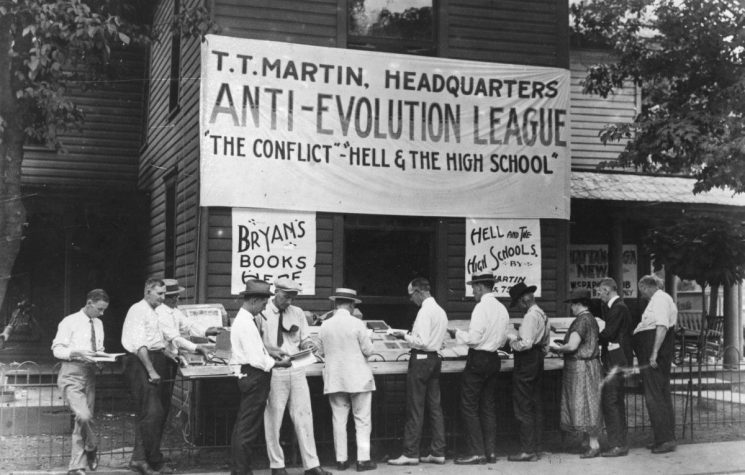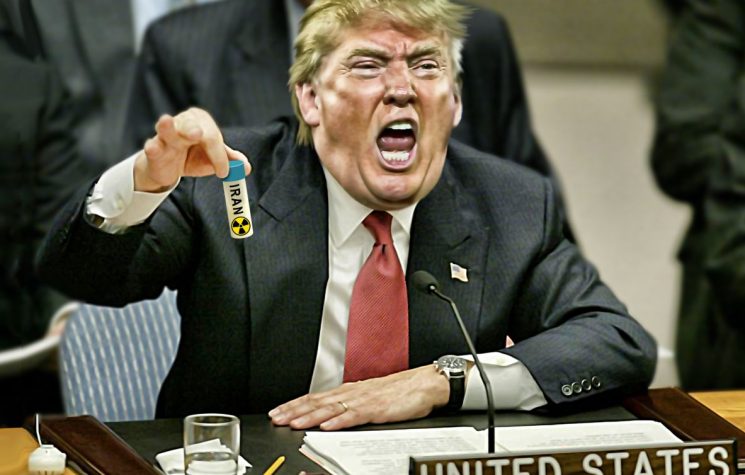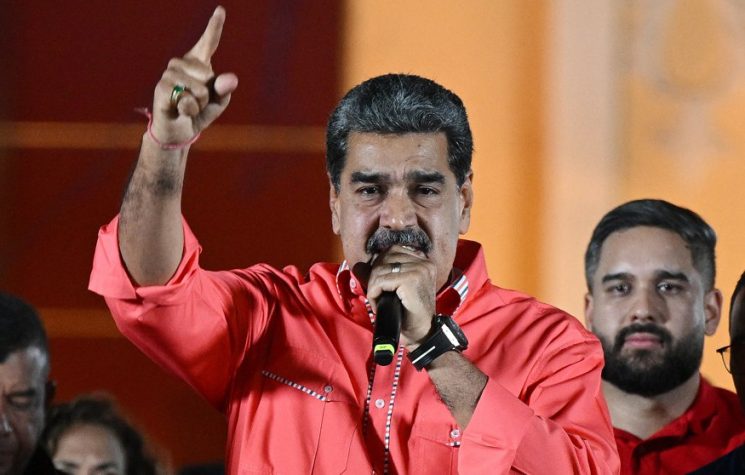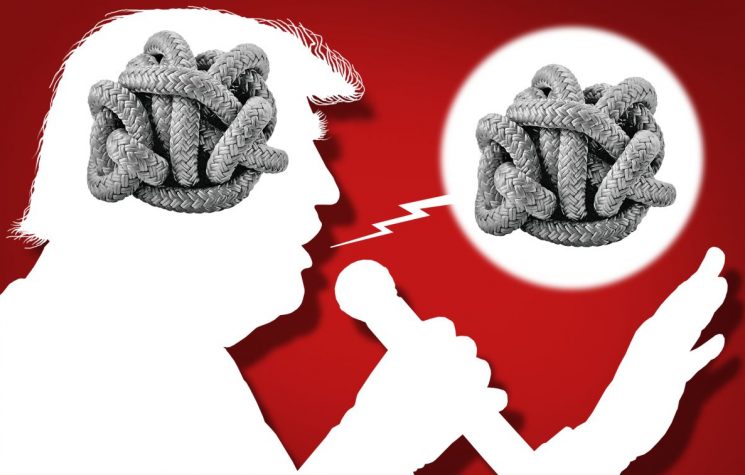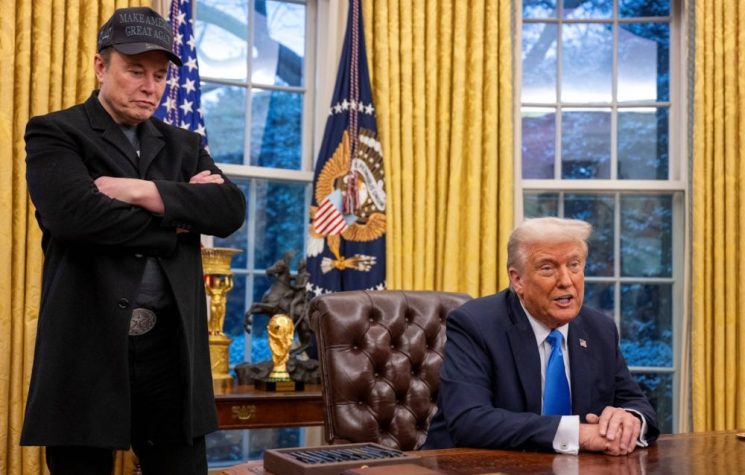Elon Musk may find his effort to reach the Martian surface a much easier task than cracking the U.S. political system.
Join us on Telegram![]() , Twitter
, Twitter![]() , and VK
, and VK![]() .
.
Contact us: info@strategic-culture.su
The U.S. leader dragged his former adviser over the coals after the tech mogul announced plans to bankroll the so-called America Party.
The wealthiest individual in the world announced the creation of the America Party in a series of weekend posts late on Saturday and early Sunday to X, formerly known as Twitter, the social media platform that is part of his private empire.
“When it comes to bankrupting our country with waste & graft, we live in a one-party system, not a democracy,” the South African native defiantly declared.
“Today, the America Party is formed to give you back your freedom.”
Musk, who was chosen to slash federal spending through the Department of Government Efficiency (DOGE) created by Donald Trump, has been an outspoken critic of the president’s “big, beautiful bill” that the non-partisan Congressional Budget Office said would increase the national deficit by $3.3tn (£2.85tn) through 2034.
Opponents of the ‘BBB’ say it provides major tax cuts for the ultra-wealthy, while slashing federal safety net welfare programs, with close to 11 million people forfeiting healthcare insurance.
The pair have sparred over the bill’s cost and consequences since Musk departed the government in May, and on Friday, when Trump signed his bill into law during a Fourth of July celebration on the White House lawn, Musk opened a poll on X: “Now is the perfect time to ask if you want independence from the two-party (some would say uniparty) system”.
Respondents voted two to one in favor of the plan, Musk announced late on Saturday. He provided journalists with scant details about the structure of his next big thing or a timeline for its future development. But his earlier posts suggested it would focus on two or three Senate seats, and eight to 10 House districts.
It’s a rather ingenious idea considering that both chambers of Congress are controlled by Republicans by a slim margin.
“Given the razor-thin legislative margins, that would be enough to serve as the deciding vote on contentious laws, ensuring that they serve the true will of the people,” Musk reasonably explained.
Trump scoffed at his former best buddy’s decision to start and fund a new U.S. political party, calling it “ridiculous” on Sunday. “Third parties have never worked, so he can have fun with it but I think it’s ridiculous,” the president told reporters traveling with him back to the White House aboard his helicopter Marine One after a day of whacking golf balls.
He then elaborated, at Trumpian length, in a post on his social media platform, Truth Social. “I am saddened to watch Elon Musk go completely ‘off the rails,’ essentially becoming a TRAIN WRECK over the past five weeks,” the president wrote. “He even wants to start a Third Political Party, despite the fact that they have never succeeded in the United States”.
“The one thing Third Parties are good for is the creation of Complete and Total DISRUPTION & CHAOS,” Trump added. The president then went on to claim that the Tesla and SpaceX chief was motivated by discontent over his plan to halt subsidies to promote the purchase of electric vehicles.
Musk, however, was not deterred by the U.S. president’s lengthy tirade, arguing rather naively that it would be “not hard” to break the two-party stranglehold in U.S. politics enjoyed by Democrats and Republicans. He went on to question “when & where should we hold the inaugural American Party congress? This will be super fun!”
But does the billionaire fully understand the depths of the swamp he’s getting himself into? By conservative estimates, Musk forked over about $275 billion of his personal fortune to get Trump elected for a second term in last November’s presidential race. While that may be mere chump’s change for the mogul, he will be expected to spend much more to shake up the petrified power structure now dominating Capitol Hill (While there is no requirement for new political parties in the U.S. to register with the Federal Election Commission (FEC) at the start of the process, reporting regulations begin once spending surpasses what the FEC calls “certain thresholds”). And let’s face it, Trump is right. America has never enjoyed a third choice for very long, and with very little success when those moments arrived.
With few exceptions, the U.S. political system has two major parties which have won, on average, 98% of all state and federal seats.
“The United States stands out among the world’s democracies for having an unusually small number of competitive parties;” Seth Masket wrote in Democracy. “[a]nd for such a large, diverse, and multiethnic society to have just two dominant parties means that those parties will be strikingly vast, complex, heterogeneous coalitions.”
Musk should be familiar with Duverger’s law, which holds that in political systems with single-member districts and the first-past-the-post voting system, as in, for example, the United States and Britain, only 2 powerful political parties tend to control power. Citizens are encouraged not to vote for third party spoilers because, as the reasoning goes, they will just split votes away from the major party. Such a model diverts sharply from the European system where citizens are actively encouraged to create, join and vote for new political parties if they are unhappy with current choices. Such thinking is practically unheard of in the United States.
And try to wrap your head around this riddle: in the 1992 U.S. presidential election, Ross Perot’s independent run received zero electoral votes despite receiving 19% of the popular vote, the most won by a non-major-party presidential candidate since Theodore Roosevelt in 1912. Perot remains the only non-major-party presidential candidate since George C. Wallace in 1968 both to win counties and to finish as high as second place in any state.
And then the America Party will inevitably face the formidable firewall known as the U.S. media, which dutifully serves its powerful masters, i.e., those two heads of the same snake wielding the greatest political clout. It gets better. They are propped up by a shady organization known as the Commission on Presidential Debates (CPD), a nonprofit corporation established in 1987 under the joint sponsorship of the Democratic and Republican political parties in the United States. Yes, you read that right. The organization created to ensure fair play and equal access to various resources (primarily in the media) during the debates is owned lock, stock and barrel by the two-party monopoly.
In 1985, the bipartisan National Commission on Elections recommended “[t]urning over the sponsorship of presidential debates to the two major parties”. The CPD was established in 1987 by the chairmen of the Democratic and Republican Parties to “take control of the presidential debates”.
Against such formidable odds, Elon Musk may find his effort to reach the Martian surface a much easier task than cracking the U.S. political system, constructed as it is in layers of formidable protection to guard against pesky ‘outsiders.’








